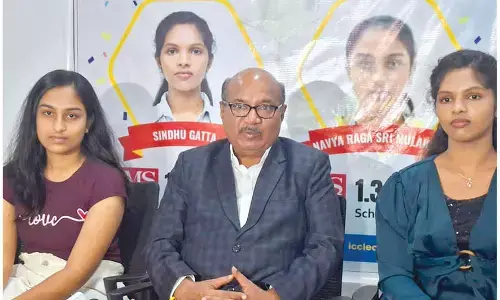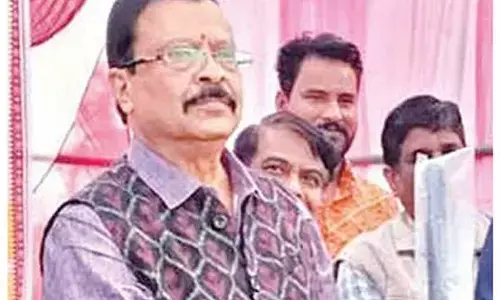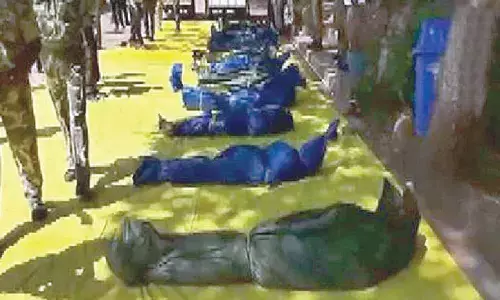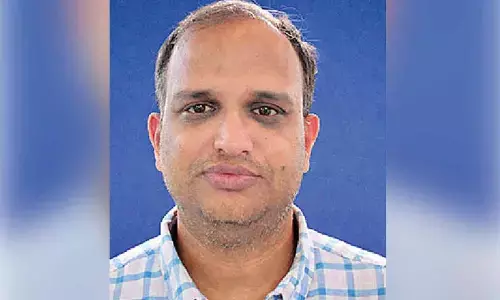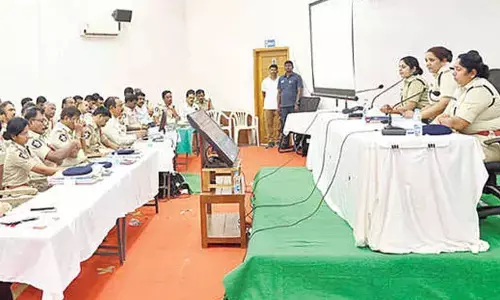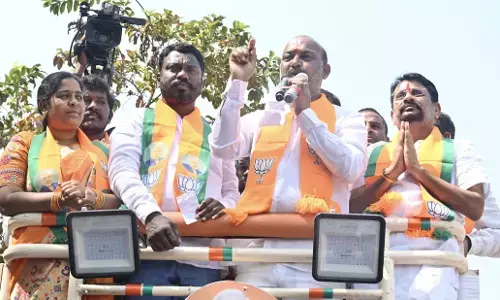Epistemo - EMUN : Inspiring Leaders
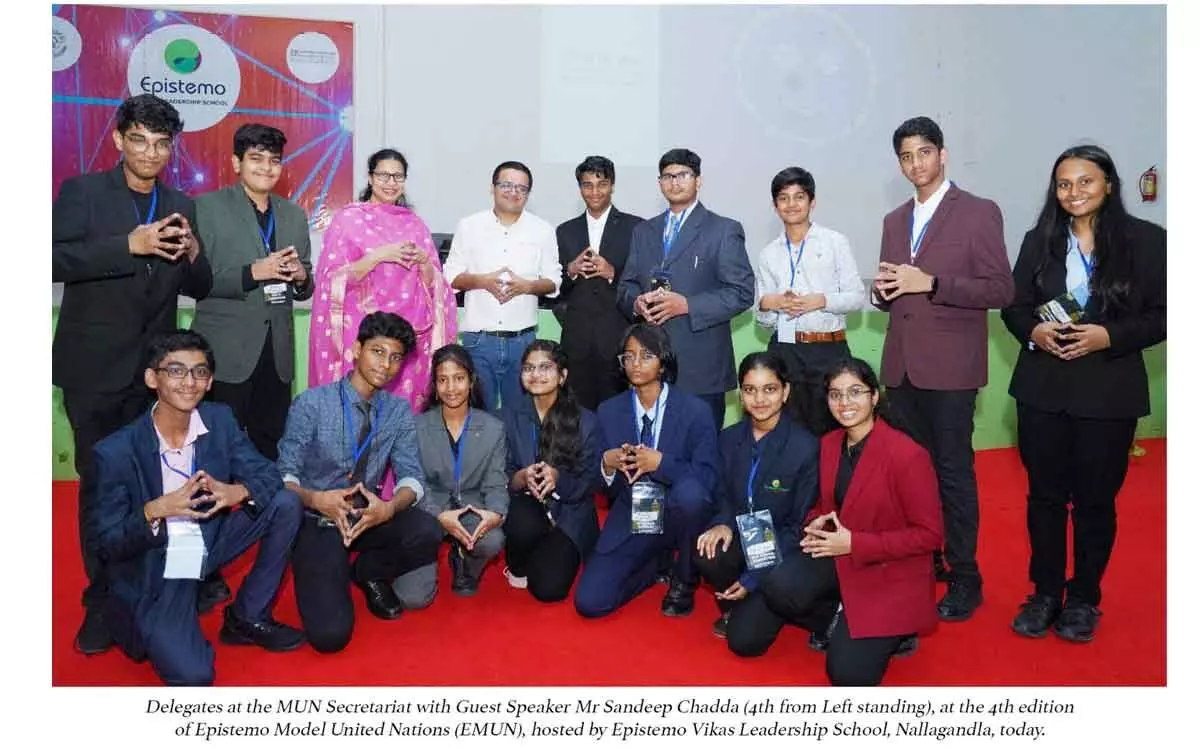
The 4th edition of Epistemo Model United Nations (EMUN) hosted by Epistemo Vikas Leadership School, Nallagandla, today, proved to be a remarkable event that welcomed students from various schools in Hyderabad.
The 4th edition of Epistemo Model United Nations (EMUN) hosted by Epistemo Vikas Leadership School, Nallagandla, today, proved to be a remarkable event that welcomed students from various schools in Hyderabad. Leading schools including Vikas the Concept School, The Gaudium School, Joshitha School, Avinash College of Commerce, Kennedy High The Global School, DAV Public School, Delhi Public School, Glendale, Meridian, and more, showcased the diverse interest and enthusiasm of the students.
A special initiative taken by EMUN was to provide a platform for 27 students from Navodaya at no cost, a commendable effort to expand opportunities and include students who might not have had such experiences otherwise. With around 250 delegates participating, the event was a hub of knowledge exchange and diplomacy.
The conference featured six committees, each focusing on a distinct area of global concern: the United Nations Human Rights Council (UNHRC), United Nations Office of Drugs and Crime (UNODC), Disarmament and International Security Committee (DISEC), World Health Organization (WHO), Joint Crisis Committee (JCC), and International Press (IP). These committees engaged in in-depth discussions and debates on critical topics. UNHRC participants debated on the themes “Combating Racism, Racial Discrimination, Xenophobia, and Related Intolerance.”
- In the UNODC committee, participants discussed issues of cross- border crimes, particularly focusing on cooperation amongst law enforcement agencies of member states.
- Within DISEC, delegates deliberated on the effectiveness of Disarmament, Demobilization, and Reintegration (DDR) initiatives in United Nations Peacekeeping Operations, while recommended reforms to amplify their efficacy also.
- In WHO, the dialogue revolved around the impact of globalization and capitalism on healthcare, particularly in the context of private healthcare facilities.
- The JCC committee immersed itself in discussions about the Korean War, with the pivotal "Freeze Date" set at August 20th, 1950. UNODC participants delved into cross-border crimes, emphasizing collaboration among member states' law enforcement.
- Lastly, UNHRC delegates tackled the pressing issue of "Combating Racism, Racial Discrimination, Xenophobia, and Related Intolerance."
- A highlight of the conference was the inclusion of International Press (IP) members, who observed committee sessions and conducted press conferences, enhancing the depth and vibrancy of the event.
The event's commencement was inaugurated by Ms. Aishwarya Buggana, an accomplished environmentalist and Stanford graduate, serving as the chief guest. Her insights, particularly about her own journey, resonated with students, emphasizing the importance of perseverance and growth. Later that day, Mr. Sandeep Chaddha, a compelling guest speaker, captivated the attendees with his insights into effective leadership and connection.
Across the three days, each marked by a specific highlight, the conference flourished.
- Day 1 centred around Mr. Sandeep Chaddha's impactful speech, inspiring and setting the tone for the days ahead.
- Day 2 introduced a vibrant social night, providing delegates with a well-deserved break and showcasing their talents through dancing and live music.
- Finally, the closing ceremony on Day 3 celebrated the passion and sportsmanship displayed by all participants.
The conference wasn't just about the proceedings, but also about learning and growth. The support of Ms. Padma Kolli and Ms. Vani Marri, the principal and vice principal, proved invaluable in navigating challenges and learning from them as a team. The guest speaker's message of embracing failure as a path to success resonated deeply, emphasizing that failure is a stepping stone rather than a roadblock.
In a world where young minds are increasingly shaping the global narrative, Epistemo Model United Nations serves as a beacon of knowledge, diplomacy, and growth. With a diverse range of participants, insightful discussions, and the determination to evolve, EMUN sets the stage for young leaders to flourish, armed with skills that extend far beyond the conference rooms.








